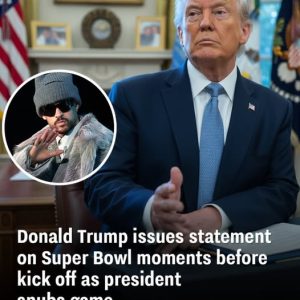Charlie Kirk, 31, co-founder of Turning Point USA and a prominent conservative voice, was fatally shot while speaking at Utah Valley University during his “American Comeback Tour.” Kirk was leading a “Prove Me Wrong” discussion when a gunshot rang out. He was struck in the neck and collapsed as the audience fled in panic. The attack, described as coming from an elevated position about 200 feet away, left the nation stunned.
First responders rushed Kirk from the stage, but his injuries were too severe. Former President Donald Trump confirmed his death shortly afterward, calling Kirk a “legendary” figure. Kirk leaves behind his wife, Erika Frantzve, and two young children. Tributes poured in across the political spectrum, with Utah Governor Spencer Cox labeling the act a “political assassination” and others calling attention to rising political violence.
Moments before the shooting, Kirk was responding to a tense question about mass shootings and their demographics. His response, “Too many,” regarding transgender shooters, drew applause—then silence as the shot rang out. Videos captured the horror: Kirk speaking confidently, then falling back, bleeding. Chaos followed, with people ducking for cover and others attempting to help.
Law enforcement quickly descended on the scene. Though one suspect in dark tactical gear was detained, they were later released. The FBI and ATF are now leading the investigation. No arrests have been made, and the motive remains unclear. Authorities continue to search for the shooter and review security footage.
Kirk’s legacy is complex. He energized a generation of young conservatives through media, campus events, and activism. To supporters, he was a fearless truth-teller. To critics, a polarizing figure. His death highlights the rising risks public figures face in polarized times.
As tributes and outrage grow, so does the call for deeper reflection: how did public discourse reach this point—where speech can cost a life?





